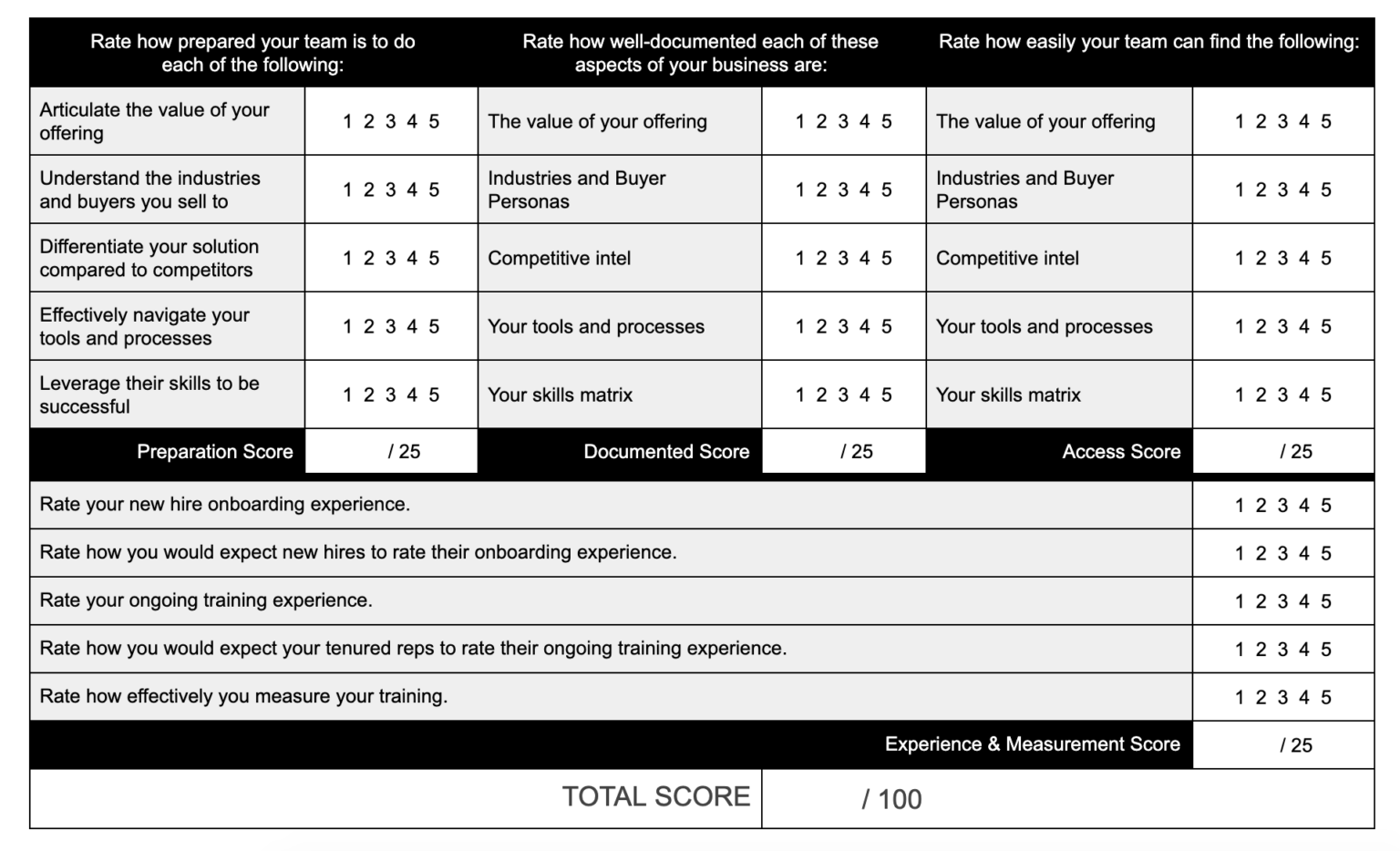Benefits of a skills matrix for employees
One of the most important factors deciding whether or not a workplace is a healthy and happy one for your employees is whether or not they know what they can do in order to advance, and that advancement is possible. A skills matrix can give them a powerful resource to use in their efforts to become more valuable to your company by acquiring the skills they need to advance.
1. Fast and easy way to track skill sets
By giving your team members access to easy-to-understand data on what they need to do to get better at their job and fill key roles/needs related to their job, they become better, more competent, and confident employees.
2. Understand team and employee strengths
The skill matrix ppt shows them where they can improve, allowing them to get started on improvement right away. The traditional alternative to this is time-consuming and laborious testing, quarterly reports, and organized training sessions.
The employee skills matrix shows employees how they stack up to other members of your workforce. This promotes healthy competition with public rewards for improvement and performance.
4. Identify gaps in skills for improvement with training and coaching
Rather than beat them over the head with unpredictable counseling sessions over what they aren’t doing well enough, skills matrix software lets them discover this on their own and seek out development independently.
5. Helps create specific career development paths for employees
Not only does this type of tool help them to become a better fit for their current job and team, but it can lay out a direct path to new job titles they would like to prepare for.
We think that in time, skills matrix software will be widely seen as a critical way to make employees enjoy better job security, and better job satisfaction, and to improve in the ways they need and want to improve.
How to get started with skill mapping of employees
Now that we know just how beneficial to your team and your bottom-line skills mapping software can be, we’re sure you’re eager to get started. We’re going to go over ways your managers can get the most out of these tools and put rubber on the road quickly. But we would be remiss should we fail to mention the importance of working with a company that will help you with launch, and integration, and will give you the customer service you need to work out any kinks in the system.
1. Don’t forget the soft skills
The soft skills are like the glue that makes the other skill sets work. They are too hard skills, what wisdom is to knowledge. Some of your team members are going to be chock full of soft skills, and their contributions to your team and productivity are likely to have gone under-appreciated for too long. Don’t forget to include at least one or two soft skills while doing a skills mapping exercise.
Soft skills include:
- Communication
- Negotiation
- Persuasion
- Body language
- Adaptability
- Resilience
- Critical thinking
2. Focus on individuals and entire teams
One nice feature of skill matrices is they can be used to describe an existing team, a potential team, an entire corporation, or a set of departments. Be sure that while you’re doing your skill mapping of employees focus both on individuals and entire teams. Part of the enthusiasm workers have for these tools comes from their desire to be seen as unique and valuable. It’s also a great opportunity to develop a rapport with them by showing them that you are aware of their skills and appreciate them.
3. Include realistic levels
Perhaps the most challenging part of making a good skill matrix is getting the skill levels correct. Maybe start with conservative estimates of capabilities and elevate them as team members strive to shine. The idea is to get a useful picture of what you can and cannot do.
4. Talk to your employees
Finally, ask your employees what they think of the system. Ask for ways they think you can improve it, and listen. You can take our word when we say they want the skill matrix to work well, and they will help you to make it do just that.


